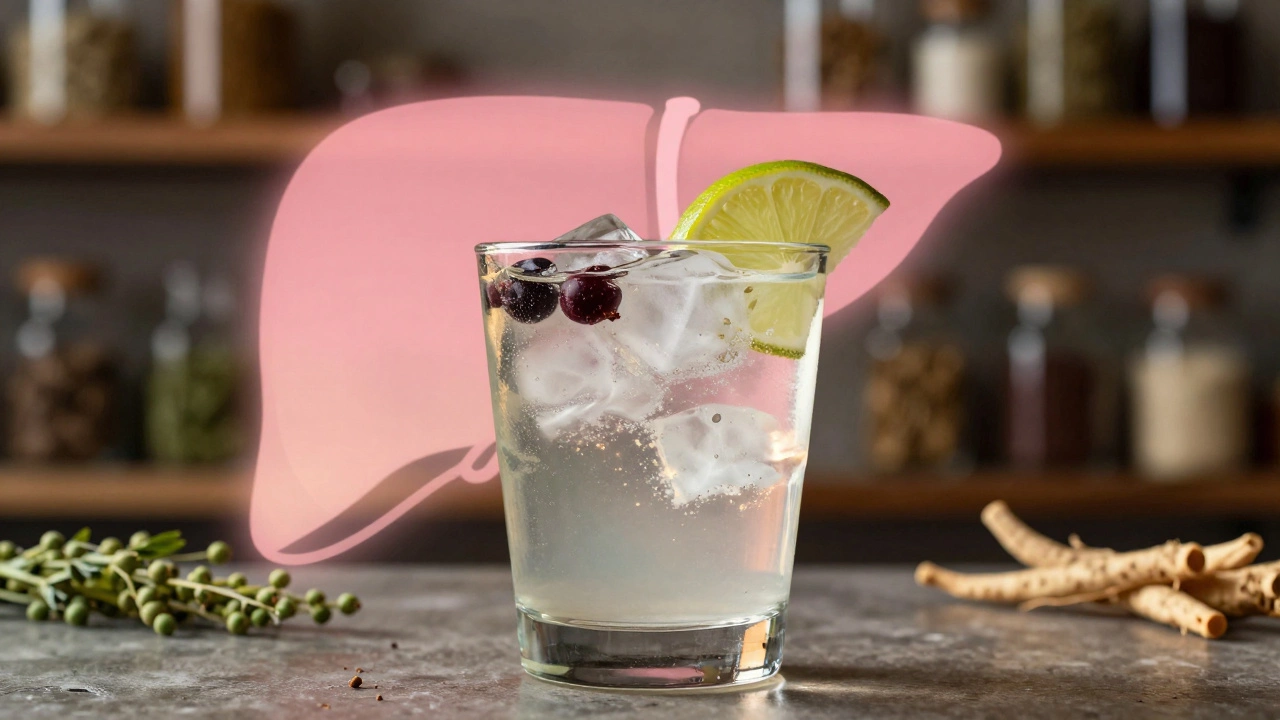Liver Damage From Alcohol – Simple Facts and Easy Tips
If you enjoy a drink now and then, you might wonder how that affects your liver. The short answer: alcohol can hurt liver cells, and the more you drink, the higher the risk. Your liver works nonstop to filter toxins, and alcohol forces it to work harder than it should. Over time, this extra strain can lead to fatty liver, inflammation, and even cirrhosis.
How Alcohol Hurts Your Liver
When you sip alcohol, it turns into a toxic chemical called acetaldehyde. Your liver breaks that down, but the process creates free radicals that damage cells. At first, the liver stores extra fat – that’s called fatty liver and often has no symptoms. Keep drinking, and you may develop alcoholic hepatitis, which feels like a sore, swollen liver and can cause fever, nausea, and jaundice. The worst case is cirrhosis, where scar tissue replaces healthy liver tissue, making it hard for the organ to work.
Spotting the Signs Early
Many people don’t notice liver trouble until it’s serious. Look out for fatigue, easy bruising, dark urine, or yellowing of the skin and eyes. If you notice any of these, a quick blood test can reveal elevated liver enzymes – a clear sign the liver is under stress. Catching problems early gives you a better chance to reverse damage with lifestyle changes.
So, what can you do right now? First, cut back on how often you drink and how much you have in one sitting. Switching to lower‑alcohol drinks or alternating alcoholic drinks with water helps your liver recover faster. Eating protein‑rich meals and plenty of vegetables gives your liver the nutrients it needs to repair cells.
Exercise is another great ally. Even a short walk after a night out can boost circulation and help your liver clear toxins. If you’re a heavy drinker, consider a short break – a few weeks without alcohol can reduce fat buildup and lower inflammation.
When you’re ready to quit or cut down, talk to a doctor. They can suggest medication, support groups, or a structured detox program if needed. Remember, you don’t have to go it alone – many people successfully change their drinking habits with a little help.
Finally, keep an eye on other habits that stress the liver. Smoking, too much sugar, and certain over‑the‑counter meds can make alcohol damage worse. By tackling these at the same time, you give your liver the best chance to heal.
Bottom line: your liver can bounce back if you act early and make smarter choices. Reduce your intake, stay hydrated, eat well, move your body, and get checked regularly. Your liver will thank you with better energy, clearer skin, and a longer, healthier life.
Gin isn't uniquely hard on the liver-but like all alcohol, it can cause serious damage if consumed excessively. Learn how much is safe, how liver damage develops, and what steps you can take to protect your health.
View DetailsExplore what really happens to your body after 20 years of drinking. Find out how alcohol impacts your organs, brain, and daily life—plus tips to reverse the damage.
View Details


